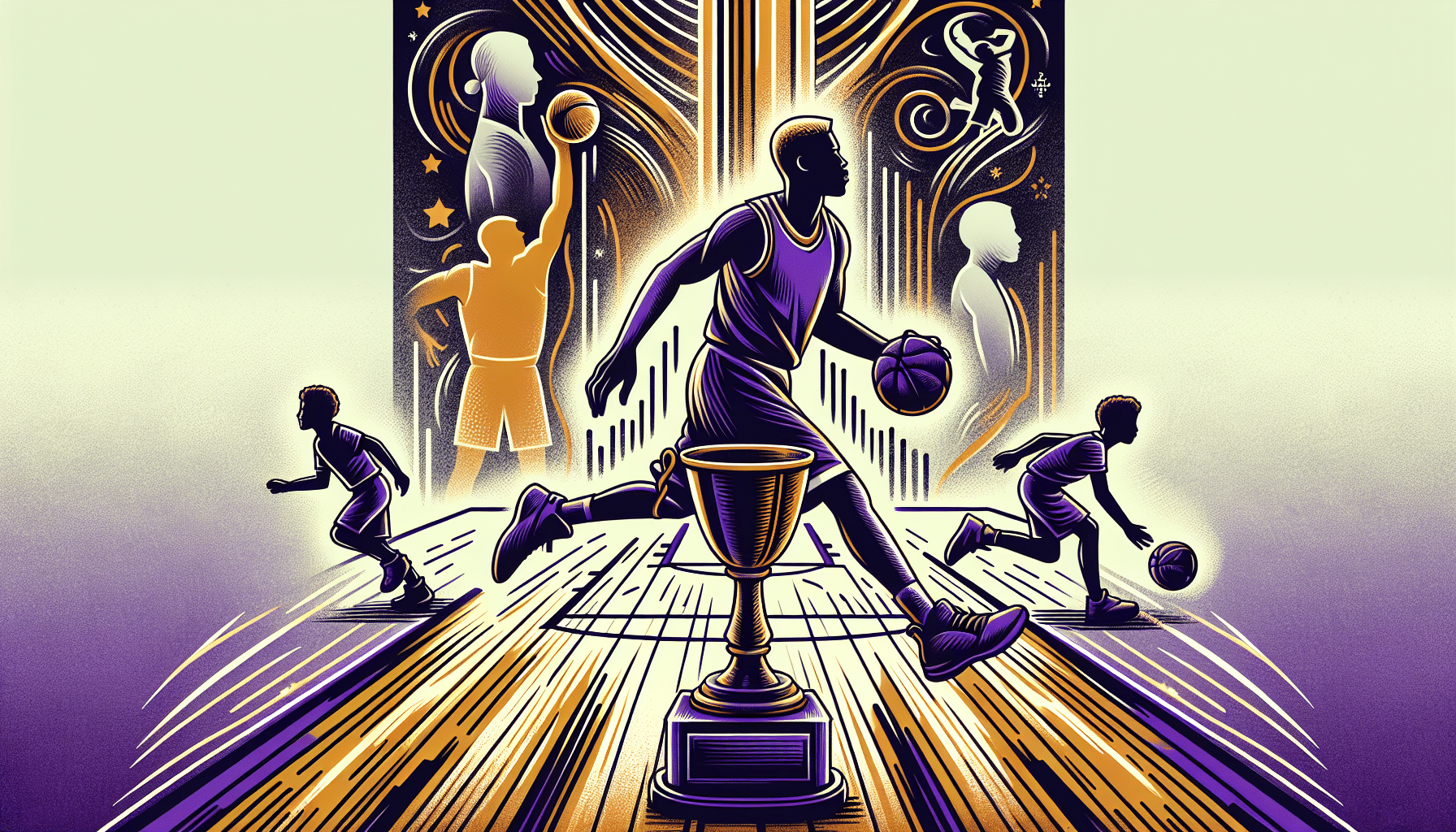In an era where professional sports are as much about family legacies as they are about individual talent, the intersection of familial privilege and merit is examined more closely than ever. Enter LeBron James, an athlete who has not only graced the courts with unparalleled prowess but also changed the conversation around nepotism standards in sports. Leveraging his stature, the debate revolves around how much of his legacy involves setting up advantageous paths for his children, particularly his eldest son Bronny James, and reshaping what we consider as nepotism in athletics.
Understanding the Impact of LeBron’s Influence
LeBron James, widely revered as one of the greatest basketball players in history, has constructed a career marked by exceptional skill, strategic acumen, and a deep sense of legacy. As he nears the twilight of his professional journey, his focus has shifted towards his progeny and their future in sports. The primary keyword—nepotism standards in sports—captures this transition capturing the intricacies of leveraging fame and influence to support the next generation.
While nepotism often bears a negative connotation, implying favoritism based on familial connections rather than merit, LeBron challenges this notion. By supporting his son’s burgeoning career in basketball, he raises questions about the vitality of both privilege and potential within the realm of sports.
Bronny James: In His Father’s Footsteps?
Bronny James, a young and promising talent, finds himself under the spotlight not solely due to his skills but also because of his father’s illustrious name. The opportunities accessible to Bronny, from attending renowned basketball camps to receiving mentorship from NBA veterans, are, in no small part, due to LeBron’s vast network. Yet, it’s crucial to recognize Bronny’s dedication and talent, characteristics that followers insist provide him genuine qualification for these opportunities.
Critics question how much of Bronny’s ascent is earned versus given, a common debate in discussions on nepotism. Nevertheless, supporters argue that it is Lef pressrun’s relentless dedication to his children’s future that truly distinguishes any perceived advantage.
Championing a Balanced Perspective
It is key to balance the discussion by acknowledging instances where access fostered by reluctant favoritism has actually fostered genuine talent. LeBron, with his unparalleled resources and influence, does provide Bronny with a platform—a stage that can amplify his skills as much as his last name. But how much does this elevate the standards of nepotism?
While nepotism is generally perceived negatively, in certain contexts, it can act as a catalyst for exposure to excellence and mentorship. Where the line blurs, however, is when youth are pushed into the limelight before they are ready, a move often motivated by the media and business-generated expectations rather than genuine artistic or athletic progress.
Navigating the Influence of Media and Business
The business of sports is not only about athleticism but also about branding and storytelling. Major athletes like LeBron James are not just performers; they’re brands. The same extends to their families. External pressures can warp these family narratives into commercial ventures, raising the question: does the public exaggerate the impact of familial influence—or does such influence foster legitimate discussions about equal opportunity in sports?
For additional perspectives, a study featured on The New York Times Sports Section underscores how commercial interests blur lines between merit and nepotism, highlighting cases where media mingles familial renown with actual skill.
Creating Opportunities: Beyond Nepotism
Beyond simply lending his name, LeBron James invests considerable effort into community building and advocating opportunities for all athletes. His foundation, “LeBron James Family Foundation,” exemplifies his commitment to nurturing young talent and promoting education, irrespective of external influences. This larger scope of fostering potential shines a positive light on his efforts, suggesting that the “nepotism standards” he sets also include breaking barriers for aspiring athletes irrespective of lineage.
What’s crucial is the distinction between using influence to create opportunities and utilizing it to dictate success. Herein lies LeBron’s balancing act: enabling Bronny and others to carve their own legacies while guiding them with his wealth of experience and insight. A detailed study on how athletes like Bleacher Report have navigated such landscapes can furnish valuable insights.
Conclusion: Redefining Nepotism in Sports
LeBron James is undeniably redefining nepotism standards in sports, blending his profound influence with an earnest desire to nurture genuine talent. While critics may remain skeptical, the balance he strikes between availabilities and abilities forms a template for an evolving discourse on nepotism.
As sports continue to evolve, the influence of superstar athletes on their kin raises pertinent questions about privilege, burden, and opportunity. By examining such influences through the lens of LeBron James’s legacy, the narrative evolves, offering a nuanced understanding of what it means to swim amidst familial tides in the contemporary world of professional athletics.

